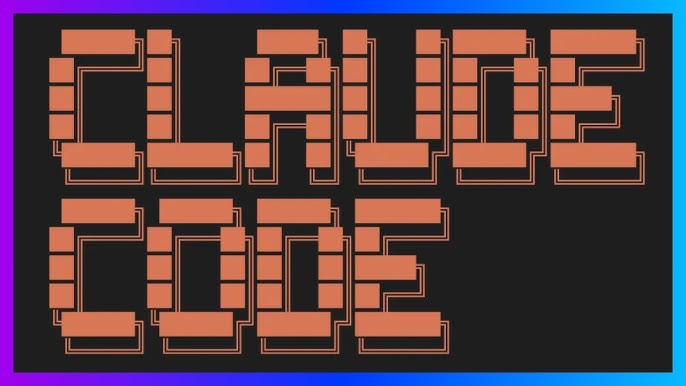Anthropic Launches Claude Code Security: AI Automates Vulnerability Review for Developers

Introduction
Anthropic has unveiled a major enhancement to its agentic coding tool, Claude Code, introducing fully automated security reviews via GitHub integration.[7] This breakthrough addresses one of the most persistent challenges in enterprise software development: detecting and remediating code vulnerabilities quickly and reliably. In a landscape where the widespread use of AI-powered coding assistants is driving new productivity highs, Anthropic's move stands out for marrying usability and security.
What’s New in Claude Code Security
- Automated Security Review: Developers can now trigger in-depth security analysis across their codebase using a simple command within Claude Code.[7]
- GitHub Integration: Security checks are automatically initiated on new pull requests, streamlining the process for teams that rely on continuous integration workflows.[7]
- Real-Time Explanations and Fixes: Claude Code identifies issues such as SQL injection risks, authentication problems, and insecure data handling, then provides clear explanations. Developers can instruct it to generate and insert recommended fixes directly into the code.[7]
Industry Impact and Adoption
Leading financial institutions are at the forefront of adopting AI-powered coding tools:
- Goldman Sachs employs 12,000 developers with GitHub Copilot.
- Bank of America supports 17,000 programmers using AI-assisted coding.
- Other sectors, including food processing giant Mondelēz International, have adopted these solutions to accelerate tech overhauls and reduce burdens on IT teams.[7]
A March HackerRank report underscores shifting expectations: over two-thirds of developers attribute increased delivery pressures to the adoption of AI coding tools. Gartner forecasts that by 2028, three-quarters of developers will use AI assistants, up from under 10% in 2023.[7]
Security Meets Productivity
The explosive growth of AI coding assistants has raised alarms about insecure code and heightened code churn. Anthropic’s new feature specifically aims to counter these threats by providing automated, actionable code reviews—bridging the gap between rapid development and strong security controls. Enterprise leaders now see AI coding support as essential, balancing the drive for speed with the need for robust protection against vulnerabilities.[7]
Future Implications & Expert Perspectives
Industry analysts praise Anthropic's approach for democratizing code security and setting a new bar for safer AI development workflows. The addition of automated security reviews may spur more rapid enterprise adoption, especially among sectors with stringent compliance demands. Experts predict a new wave of innovation as AI models not only generate code but also enforce best practices—paving the way for development workflows where safety is no longer a bottleneck but an integrated advantage.[7]
Anthropic plans further substantial upgrades to Claude Code in the coming weeks, signaling accelerating progress in agentic AI tools and developer-centric safeguards.
How Communities View Anthropic’s Automated AI Code Security
The introduction of automated security reviews in Anthropic’s Claude Code has sparked lively debate across X/Twitter and tech subreddit communities.
-
Excitement for Enterprise Security: Many developers and DevSecOps professionals, especially those from financial and healthcare sectors, welcome the tool (@securitywriter, r/cybersecurity). They cite historical challenges with code review bottlenecks and hope for reduced manual effort and faster compliance.
-
Cautious Optimism with AI Code Reviews: In r/programming and r/MachineLearning, a significant cluster expresses cautious optimism, underscoring that while automated checks accelerate bug-hunting, true security still requires human oversight. Popular posts by @0xEduard state, “Automated code checks are the future, but AI can overlook business logic flaws.”
-
Concerns Over False Positives and Workflow Integration: Another group, largely comprised of software engineers on X and r/developers, worries about workflow disruption from false positives and the burden of adapting legacy repos. Example: @alice_dev notes, “Automated security reviews are great, but they might flag harmless code, costing time.”
-
Industry Leaders Weigh In: Major tech figures such as @mikekrieger (Anthropic CPO) and @paulg (VC and AI advocate) praise the democratization of code security, suggesting these features will set new enterprise standards for secure development.
Overall Sentiment: Positive momentum dominates, especially from large enterprise users seeking productivity boosts combined with stronger security. However, skepticism persists among individual and open-source devs seeking clear documentation and evidence of effectiveness before trusting automated reviews exclusively.